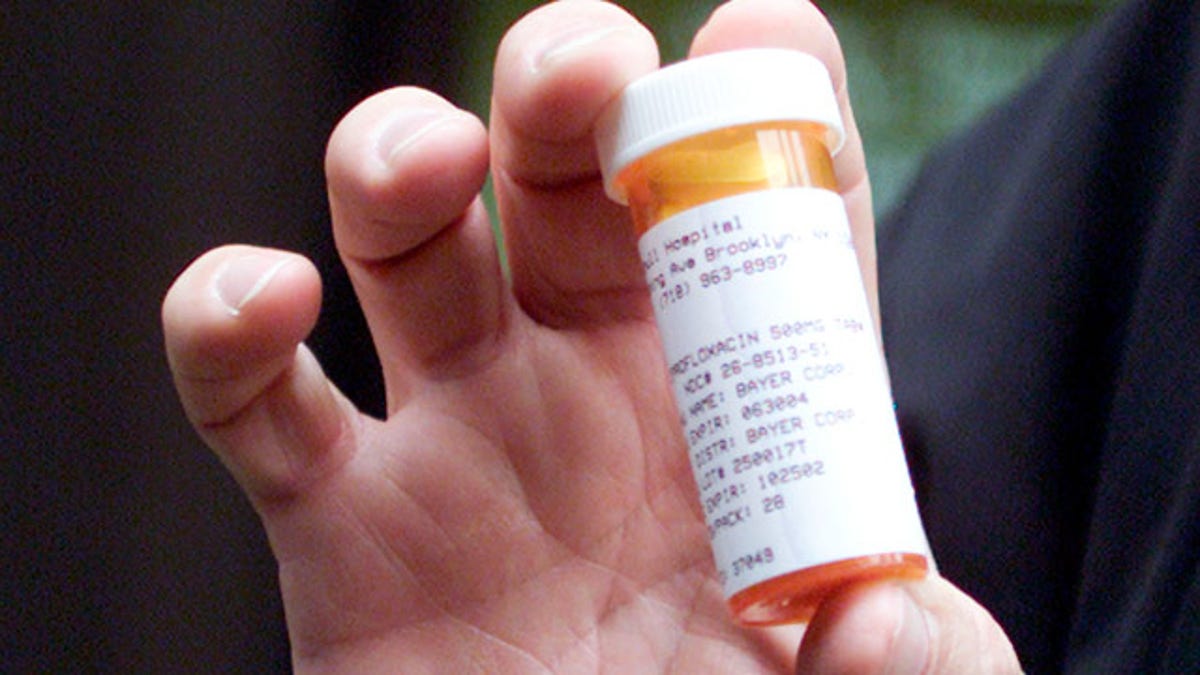
(Reuters)
During a busy office day, I can be as guilty as the next doctor - dispensing an antibiotic under pressure to a patient for what I believe is likely a viral infection. Antibiotics don’t treat viruses, yet many doctors respond with a knee-jerk prescription to the clogged sinuses or cough of an upper respiratory infection.
A recent study in the Journal of the American Medical Association showed no difference in treating sinus infections with antibiotics versus without them; 95 percent of upper respiratory infections have been shown to be viral, and yet 20 percent of the antibiotics we doctors prescribe are for sinus infections.
What is the result of this over prescribing? It leads to the emergence of more resistant bacteria among millions of colonies. It’s survival of the fittest, as those which are resistant are the ones which survive. This is also true with livestock, as we over treat our cattle with cephalosporins and resistant bacteria take over. As a result, 50 percent of our meat contains MRSA – a contagious staph bacterium.
Back in the 19th century, people died of minor infections, such as a common scratch. That's why the average lifespan was below 50 years. The World Health Organization (WHO) is worried that could be the case again if our current practices of over-treatment continue. Whether or not this concern is an overstatement, we still need to be apprehensive.
Our hospitals are filthy, and several studies have shown that they breed resistant bacteria because of overuse of antibiotics combined with inadequate sterilization.
Tuberculosis (TB) resistance is also a growing problem for the same reasons. Eight percent of TB cases in the U.S. are multi-drug resistant, and there is a 50 percent mortality rate from these infections.
So what is there to do? In addition to prescribing less and cleaning our hospitals more, we are faced with the fact that drug companies aren't motivated to make new antibiotics. This is because these drugs are mainly used episodically to treat short term illnesses - as opposed to some drugs, like Viagra or statins, that we use every day. It is difficult to overcome this problem without some kind of incentive.
In the meantime, we continue to breed resistant bacteria but we don't have the antibiotics to keep up with them. I can still treat you for an infected cut or scratch, though it is becoming more difficult to do so.
Marc Siegel MD is an associate professor of medicine and medical director of Doctor Radio at NYU Langone Medical Center. He is author of The Inner Pulse: Unlocking the Secret Code of Sickness and Health and is a member of the Fox News Medical A Team.
